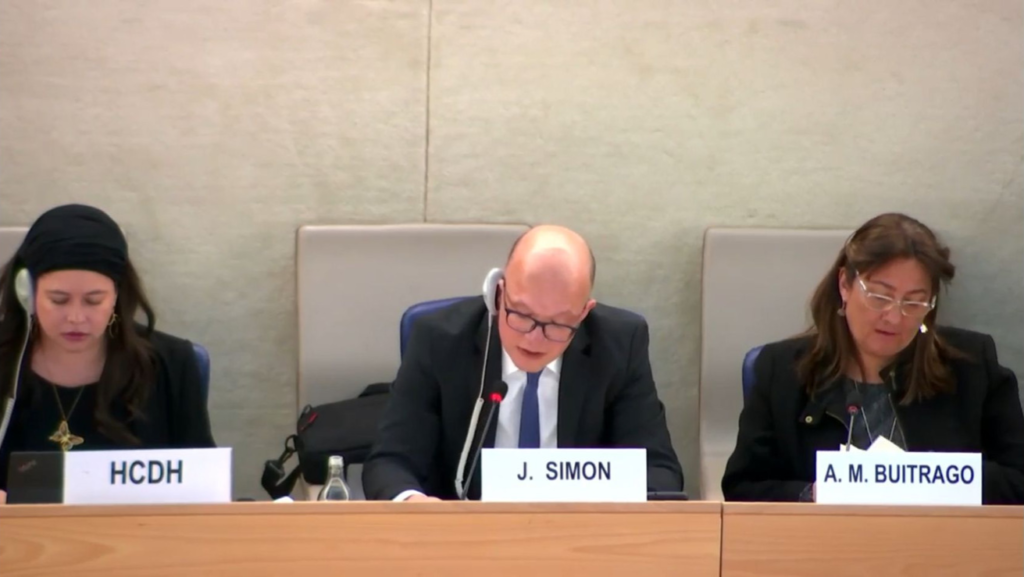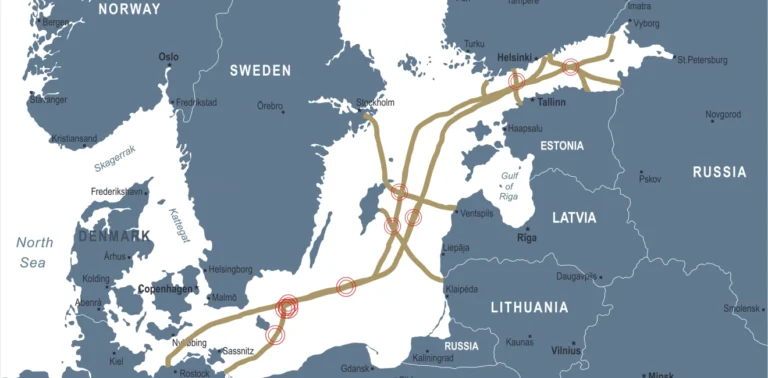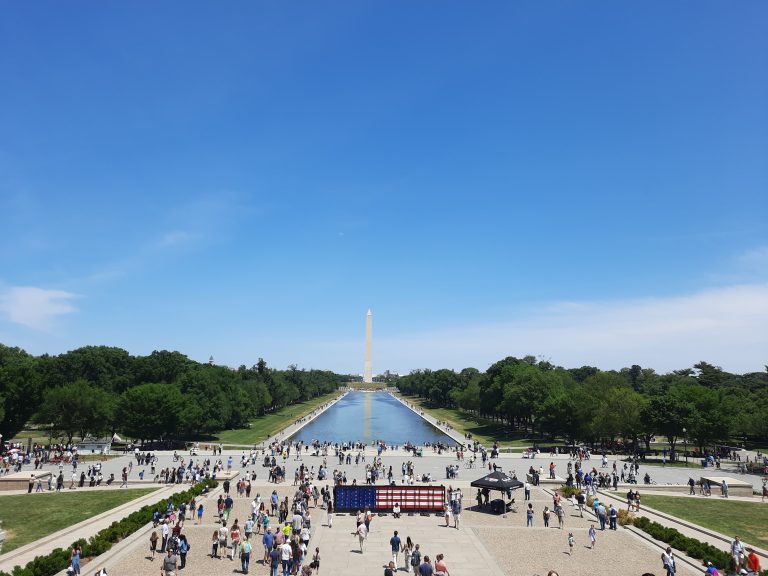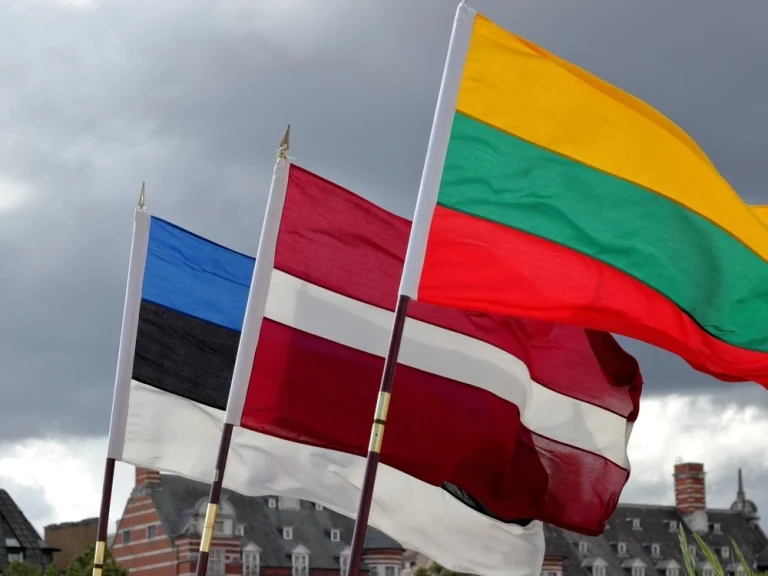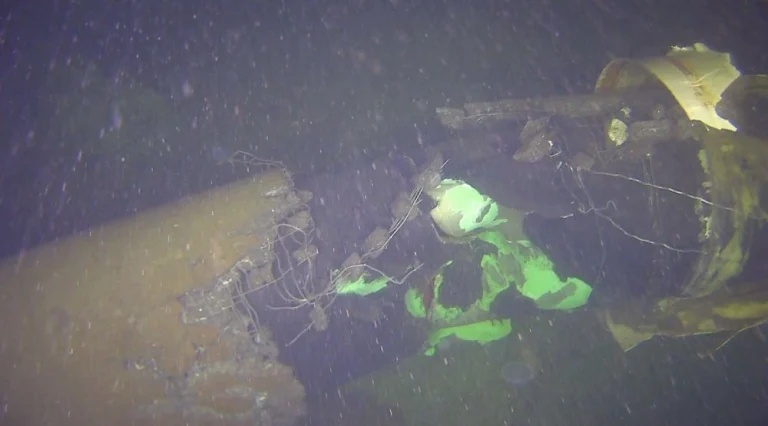In March 2022, the United Nations Human Rights Council established the Group of Experts on Human Rights in Nicaragua (GHREN, or the Group) that was tasked to investigate the circumstances of mass protests that occurred in Nicaragua from 2018-2022 and reported human rights violations related to them.
In April 2018, mass, but peaceful, protests against the government and President Daniel Ortega broke out resulting in police and pro-government armed forces using violence to suppress the protests. Police were reported to use excessive and non-proportionate violence.
After the (peaceful) protests, the Nicaraguan government authorised a complete closure of the democratic and civic space and started to persecute persons and organisations that opposed the government. Students, human right defenders, feminists, journalists and members of the opposing political parties were persecuted. In February, Nicaraguan authorities stripped 316 people of their nationality on treason charges and expelled 222 of them, in direct violation of the human right to have a nationality and the right to stay in one’s country.
Moreover, the Group identified systematic violations of the rights to liberty and security; freedom from torture, cruel treatment; freedom from arbitrary deprivation of nationality; freedom to remain one’s own country; to participate in public life; education and academic freedoms; and to freedoms expression, opinion, association, peaceful assembly, thought, conscience, and religion.
The GHREN Report clearly shows that the acts committed by police and other pro government groups amount to crimes against humanity as laid out in the Rome Statute to the International Criminal Court. The Report findings document severe torture including waterboarding, having fingernails ripped out, acid and cigarette burns as well as penetrating injuries with sharp objects. Sexual torture was also accounted for and included rape, threat of rape, sexual torture and forced nudity. These acts of severe torture were documented between April 2018 to June 2019 and were committed in police stations.
Individual and state criminal liability are nowhere to be seen. Higher ranking public officials knew or should have known about the systematic torture that was happening. Failing to take necessary preventative measures amounts to a failure of state obligations under human rights law. States are the primary duty holders in international human rights law and President Daniel Ortega and Vice President Rosario Murillo cannot on any grounds be able to escape justice and criminal liability. The international community and UNHRC must take the necessary actions to bring justice to the victims.
However, it cannot be overlooked that there are limitations to what the UNHRC can accomplish. The Council can only issue recommendations, not binding legal decisions. In this case, Nicaragua has no legal obligation whatsoever to follow the recommendations issued by the UNHRC or its working groups. The UNHRC is operating on the mutual respect for human rights by all the member states. In this case, Nicaragua has failed to keep its nationals safe, and at the same time, failed to comply with its international legal obligations.
At the 15th meeting of the 52nd session of the UNHRC, many states expressed their concern for the people suffering in Nicaragua due to the authoritarian leadership currently in power. Russia, Belarus and China did not agree with the findings of the Expert Group and called it an infringement in the sovereignty of Nicaragua. The international human rights framework, especially a prominent one such as the UNHRC, is built upon the notion that gross systematic human rights violations should be addressed and brought to the attention of other countries.
The Report by the Group is welcomed as it highlights the severe human rights violations occurring in Nicaragua. The author urges the UNHRC to renew the Group’s mandate for another two years so it can continue its investigation which is now even more important since President Ortega has essentially banned any human rights organisations from working in Nicaragua. The author stresses, in agreement with the Report, that the international community should initiate legal action against all persons involved in the systematic violation of human rights. Furthermore, Nicaragua should release all political prisoners and offer them adequate reparation. Lastly, all persons stripped of nationality should have it restored.
The Liberal International Human Rights Committee has previously issued a statement on the release of 222 political prisoners. For further reading on the subject, LI has previously written about the topic for example here.
The article is written by LI Staff Intern Emma Lundstrom, who studies human rights law. The views expressed are those of the author and do not necessarily reflect the official position of Liberal International.
 Emma Lundström jobbar som praktikant hos
Emma Lundström jobbar som praktikant hos
Liberal International i London våren 2023.

